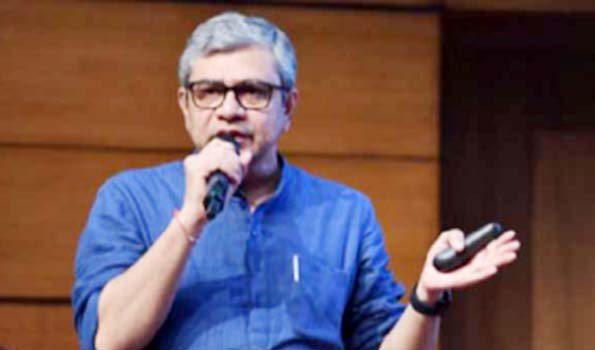New Delhi, Oct 9 (UNI) The Union Cabinet chaired by the Prime Minister Narendra Modi on Wednesday approved continuation of the supply of fortified rice under all schemes of the government including Pradhan Mantri Garib Kalyan Anna Yojana (PMGKAY) till December 2028.
Aimed at addressing the issue of anaemia and micro-nutrients deficiency in the country, the rice fortification initiative will continue as a central sector initiative with 100% funding by the Government of India as part of PMGKAY (Food Subsidy), thus providing a unified institutional mechanism for implementation.
The total financial implications for the supply of fortified rice from July 2024 to December 2028 is estimated at Rs 17,082 crore.
The central government had in April 2022 decided to implement the rice fortification initiative throughout the country in a phased manner by March 2024. All three phases have been completed and the target of universal coverage to supply fortified rice in all schemes of the government was achieved by March 2024.
Food fortification has been used globally as a safe and effective measure to address anaemia and micronutrient malnutrition in the vulnerable population.
The cabinet also approved construction of 2,280 km roads in border areas of Rajasthan and Punjab with an estimated investment of Rs 4,406 crore.
Seeking to showcase India’s rich and diverse maritime heritage, the Cabinet also gave its nod for development of National Maritime Heritage Complex at Lothal near Ahmedabad in Gujarat.
The master plan of the NMHC has been prepared by Architect Hafeez Contractor and the construction of phase 1A has been entrusted to Tata Projects Ltd.
Briefing media on Cabinet decisions, Union Information and Broadcasting (I&B) Minister Ashwini Vaishnaw said that the complex would be developed in various phases.
“The implementation of NMHC will boost growth and immensely help the local communities, tourists and visitors, researchers and scholars, government bodies, educational institutions, cultural organisations, environment and conservation groups, businesses,” an official release said.











